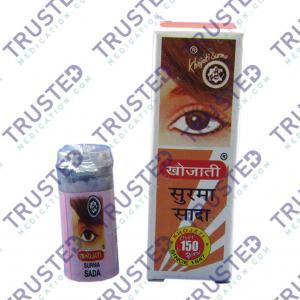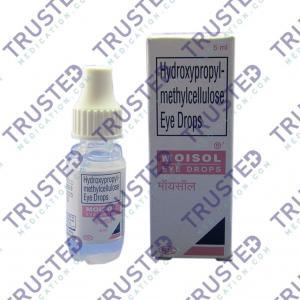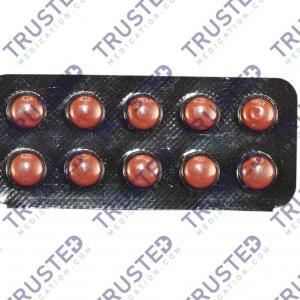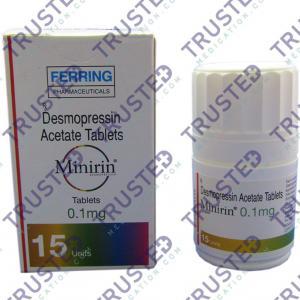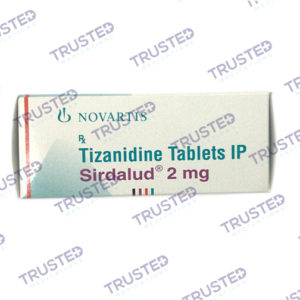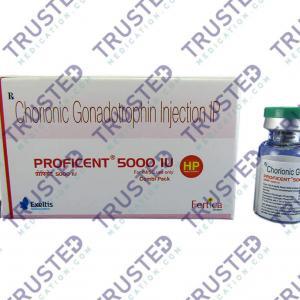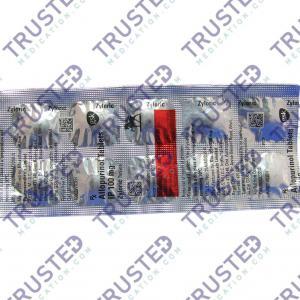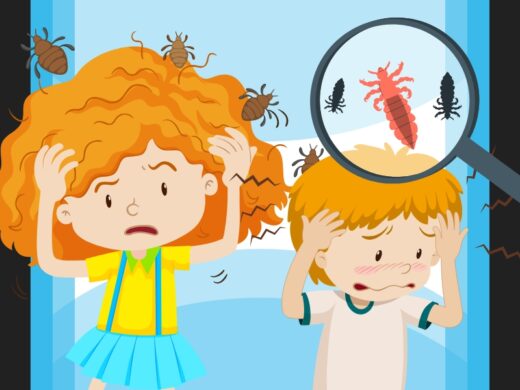
What is Head Lice?
Head lice are tiny insects that are common in human hair. These insects feed on blood from the scalp. This is a common problem in kids as they spread easily from person to person. Lice are tough to get rid especially during a full infestation. The bites from lice cause the scalp to itch and may lead to irritation and infection caused by scratching. Although they spread from person to person they are not a sign of poor hygiene.
What are the Causes of Head Lice?
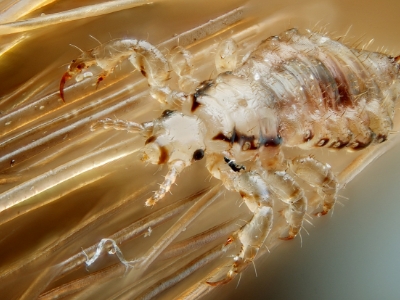
Head-to-head contact with an already-infested person is the most common way to get lice. Head-to-head contact is common during play at school, at home, and elsewhere. Although uncommon, head lice can be spread by sharing clothing or belongings.
Lice feed on human blood from the scalp. The female louse produces a sticky substance that firmly attaches each egg to the base of a hair shaft less than 1/4 inch from the scalp. The louse goes through three stages during its life cycle.
- Eggs that hatch after 6 to 9 days.
- Nymphs are immature forms that develop to mature adults after 9 to 12 days.
- Adult lice can live for 3 to 4 weeks. The female louse lays 6 to 10 eggs a day.
How Doe Head Lice Spreads?
They crawl from person to person through direct head-to-head contact. These often spreads within a family or close contact with your child from someone who has lice. It’s less common for head lice to spread without direct contact. But the insects may spread from one person to another through personal items, such as scarves and hats, combs, brushes, and other hair accessories. Household pets, such as dogs and cats, don’t play a role in spreading head lice.
Do Head Lice Spread Diseases?
They are not known to spread disease nor considered a public health hazard. They can be annoying because of the itch that comes from their bites. Sometimes the itching can lead to excessive scratching that can sometimes increase the chance of a secondary skin infection.
How to Prevent Head Lice?
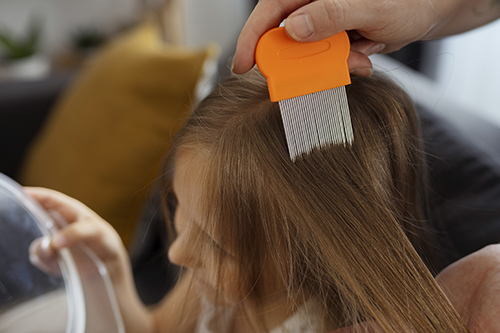
- Hang clothes on a separate hook from other children’s clothes
- Avoid sharing combs, brushes, hats, and scarves
- Vacuum carpets and any upholstered furniture and throw away the vacuum cleaner bag.
- Soak hair-care items like combs, barrettes, hair ties or bands, headbands, and brushes in hot water or throw them away.
- Combing wet hair with a fine-toothed nit comb may remove lice and some nits.
- Tell kids to try to avoid head-to-head contact at school and while playing at home with other children.
- Avoid lying on beds, couches, or pillows that have been in contact with a person who has head lice
What are the Effects of Head Lice on Children?
An itchy scalp is a common factor caused by lice. It interferes with the sleep cycle of your child due to annoying itchiness caused by its bites. Sometimes the itching can lead to excessive scratching that can sometimes increase the chance of a secondary skin infection.
What is the Treatment?
Your healthcare provider will likely recommend a medication available without a prescription that kills lice and some of the nits. Some studies suggest that re-treating 7 to 9 days after the first treatment is the ideal time for a second treatment, but other re-treatment schedules exist. If you prefer not to use medication for treating head lice, you may consider home treatment. However, there’s little to no clinical evidence that home treatments are effective.
You can also buy Permethrin. It is an over-the-counter topical preparation used to treat an infection that works by paralyzing and killing the lice in your body. It also works by interfering with the protein synthesis of the insect. It destroys the cell wall that is necessary for their survival and kills the parasite and its eggs.

